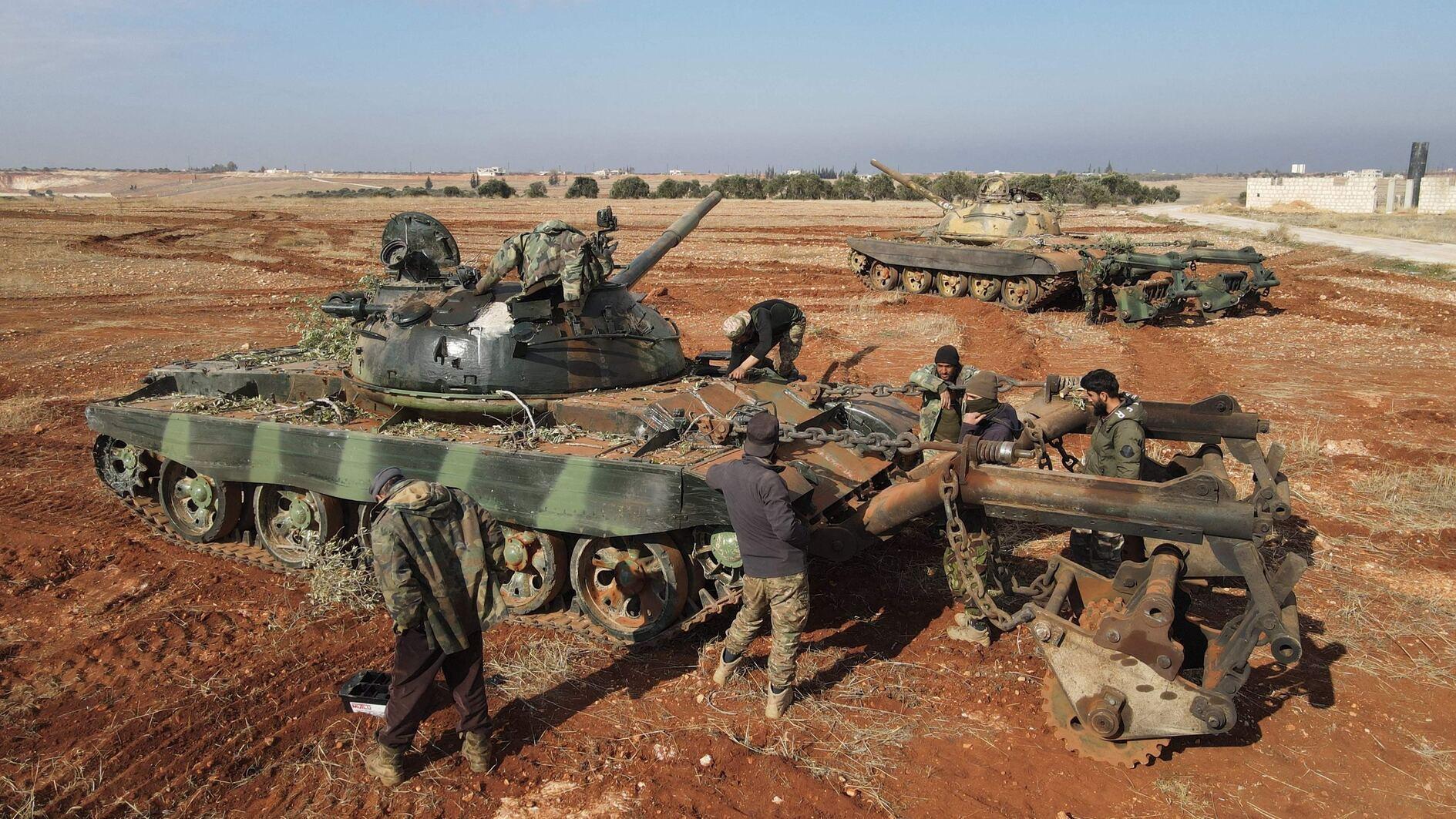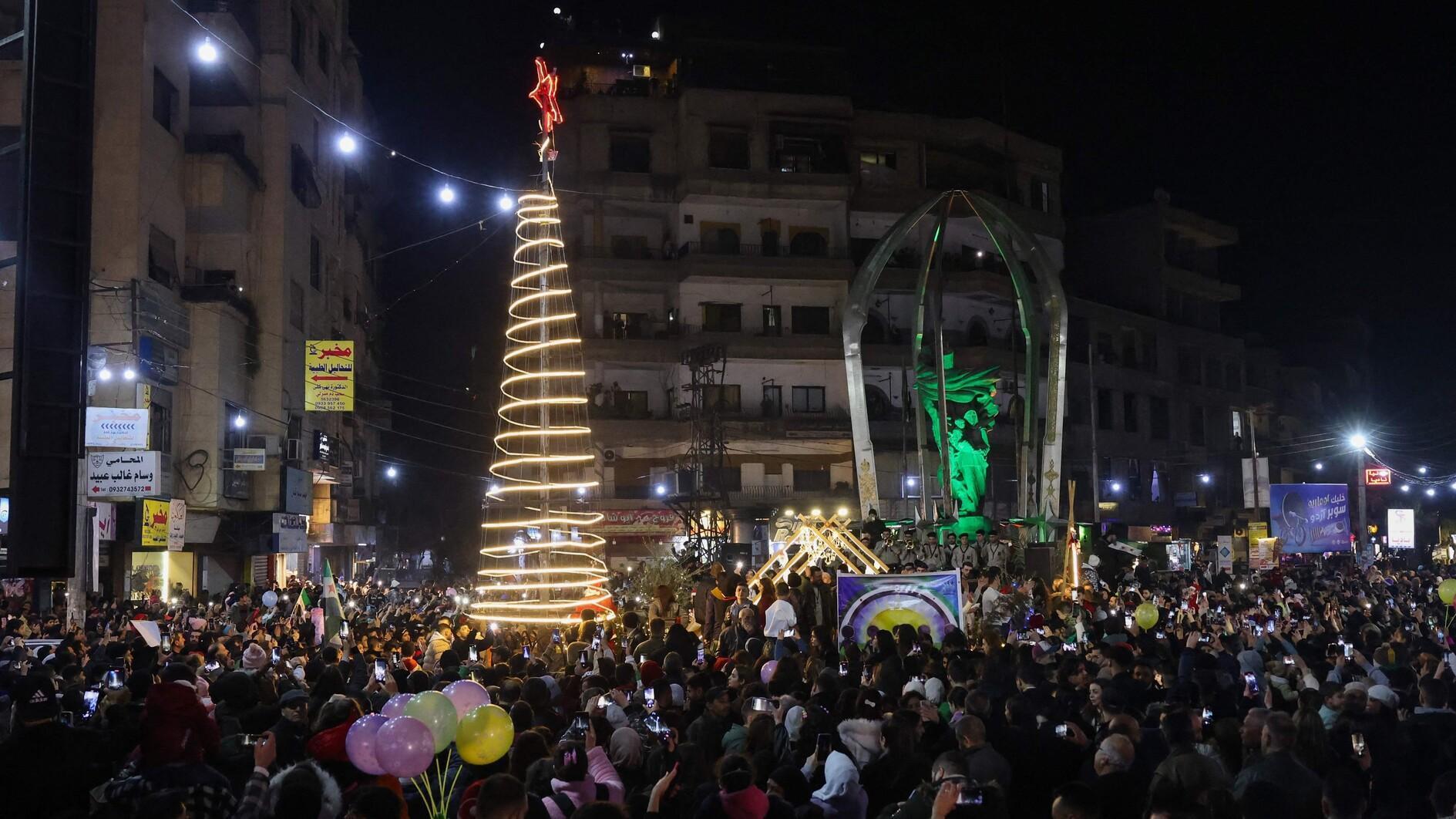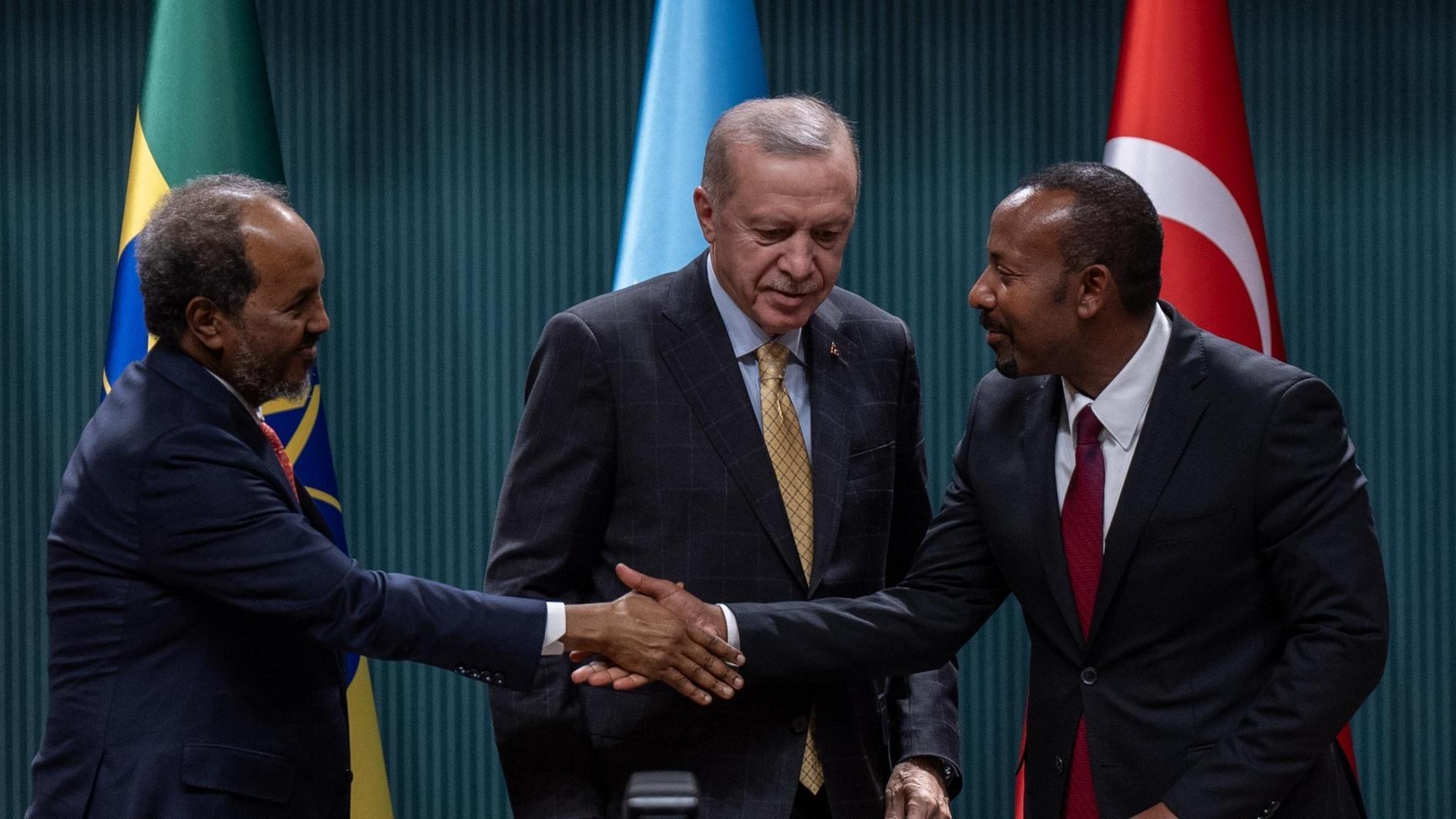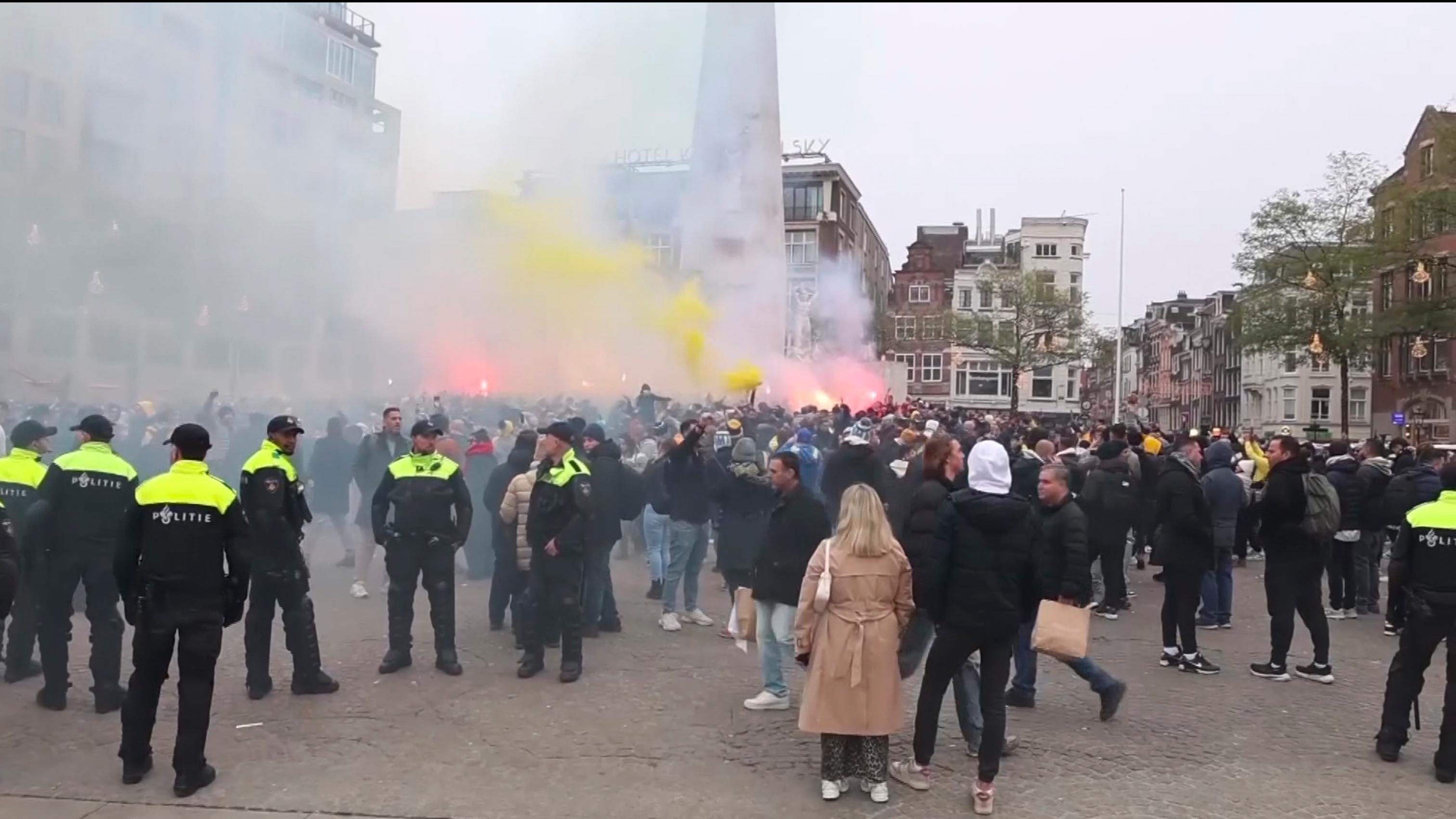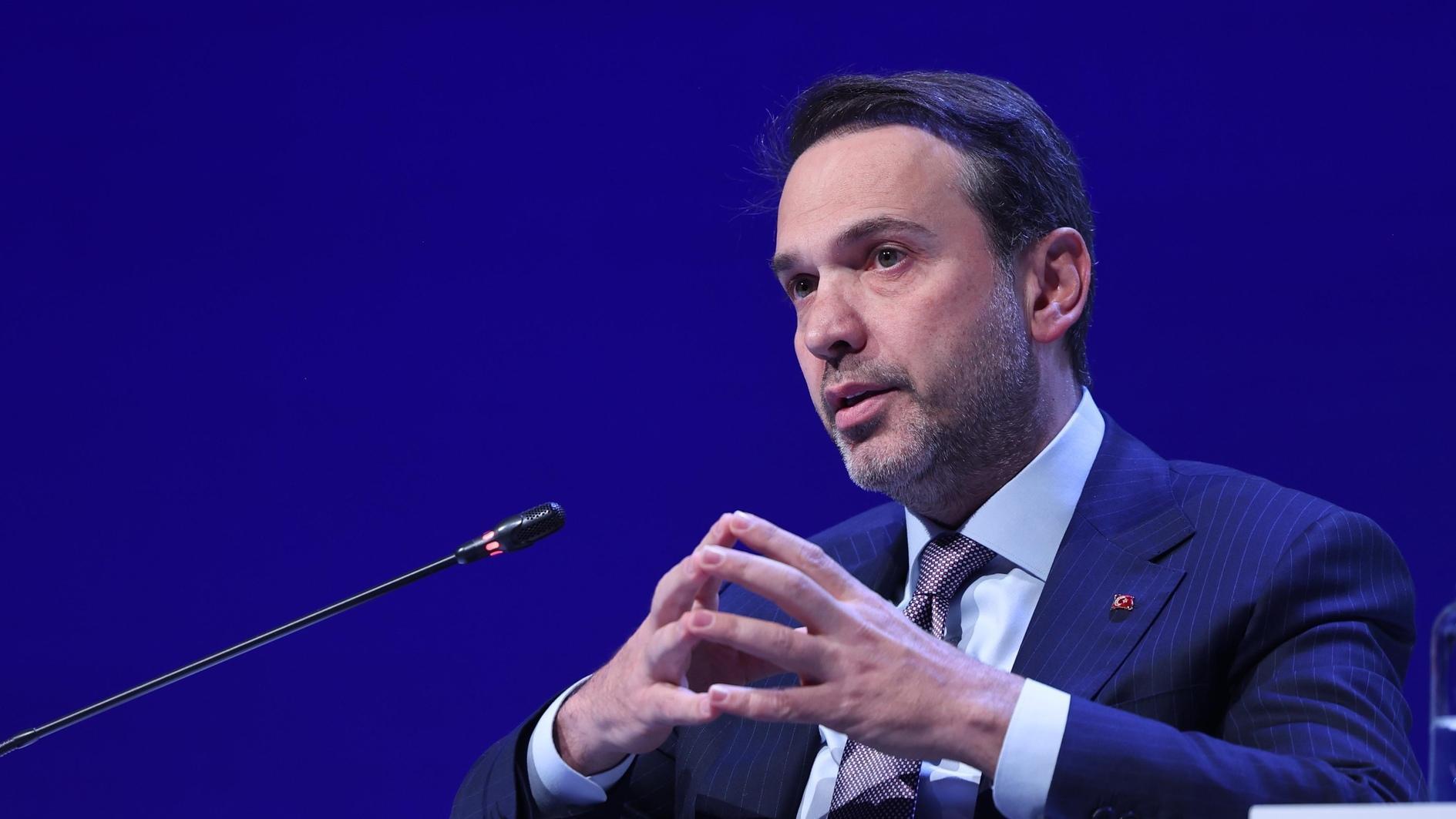UN chief Ban visits war-scarred Gaza Strip
GAZA CITY - Agence France-Presse

United Nations (UN) Secretary General Ban Ki-moon (L) is greeted by Palestinian Deputy Prime Minister Ziad Abu-Amr before a meeting in Gaza City on October 14, 2014. AFP Photo
United Nations chief Ban Ki-moon made a brief visit Oct. 14to war-ravaged Gaza, two days after donor states pledged $5.4 billion in aid to rebuild it after a devastating Israeli offensive.He was driven through the ruins of Gaza City's Shejaiya neighbourhood and the nearby Jabaliya refugee camp, the scenes of some of the heaviest Israeli shelling in this summer's conflict.
Tens of thousands of Palestinians were displaced by the destruction, and on Tuesday people camping outside their ravaged homes were seen waving at the convoy of white UN vehicles as it passed.
After meeting members of the newly convened Palestinian consensus government, Ban told reporters that the devastation he had seen was far worse than that caused in the previous Israel-Gaza conflict of winter 2008-2009.
"The destruction which I have seen while coming to here is beyond description. This is a much more serious destruction than what I saw in 2009.
"I'd like to take this opportunity to express my deepest condolences to people who lost their lives and also to families who lost their loved ones," Ban said.
Ban, who last visited the territory in 2012, said at a donor conference in Egypt on Sunday that his trip to the Palestinian enclave was "to listen directly to the people of Gaza".
He said that international pledges of $5.4 billion (4.3 billion euros) in reconstruction aid were "quite encouraging".
Donations include $1 billion from Qatar, $212 million from the US and 450 million euros from the EU.
The provision of aid will be overseen jointly by the UN and the West Bank-based Palestinian Authority, amid concerns that unchecked imports could fall into the hands of militants, including those of Hamas, the de facto power in Gaza against which Israel waged its military operation.
Hamas and the rival Fatah, which dominates the PA, signed a unity deal in April under which a consensus government was sworn in.
Ban on Tuesday welcomed the rapprochement.
"This is a great opportunity to unite the West Bank and Gaza under one Palestinian leadership," he said.
Ban said that the promised aid funds would go towards the "urgently needed" building of infrastructure and homes in Gaza where nearly 2,200 Palestinians were killed in the 50-day war in July and August.
On the Israeli side, 73 people were killed, mostly soldiers.
At the Cairo conference, Ban said "the root causes of the recent hostilities" were "a restrictive occupation that has lasted almost half a century, the continued denial of Palestinian rights and the lack of tangible progress in peace negotiations".
On Tuesday he urged Israeli and Palestinian leaders to revive collapsed peace talks without delay.
"I'm asking the leaders of both parties... to resume their talks," he said. "Otherwise it's a matter of time that the violence will continue."
Ban said that a first shipment of building materials was on its way to Gaza through Israel under an agreement reached last month.
"I'm very happy to announce that the first truck carrying... construction materials is coming to Gaza today (Tuesday)," he said.
UN officials said the shipment would include cement, steel reinforcing wire and aggregate.
On a visit on Monday to the West Bank city of Ramallah, Ban lashed out at continued Israeli settlement expansion.
"I once again strongly condemn the continued settlement activity by Israel," the UN chief said, echoing international condemnation of plans for new settler homes on occupied Palestinian territory.
The White House and European Union have slammed Israel's approval in September of 2,600 new settlement units in Israeli-annexed Arab east Jerusalem.
The settlements issue has caused the breakdown of numerous rounds of Israeli-Palestinian peace talks.


